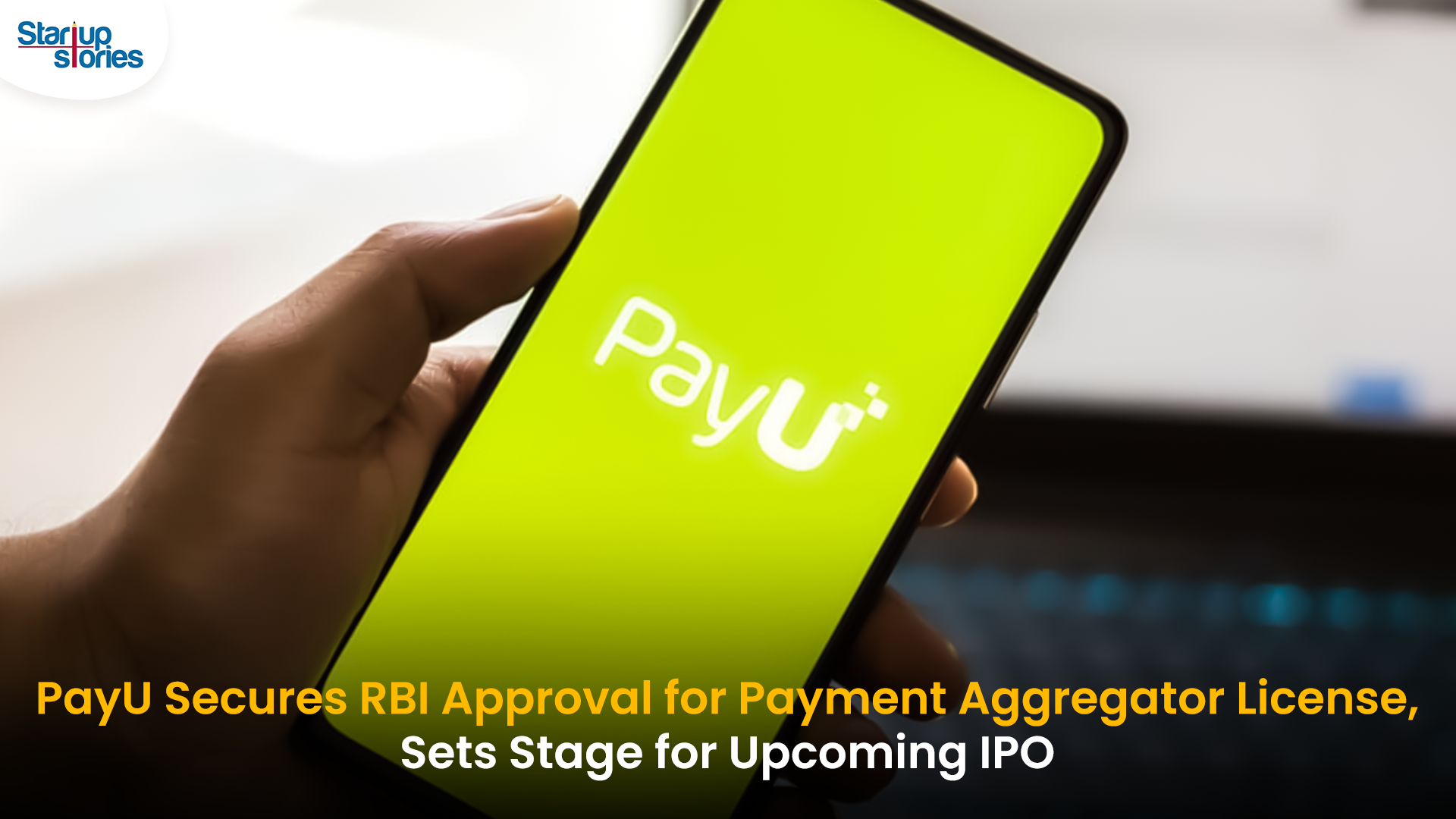Startup News
Will WhatsApp PayMent Change The Payment Industry In India?

After months of anticipation, WhatsApp, the online messaging service, officially has the payments app as a part of its features. The online messaging system rolled out this feature only to select users across the country and within the short time of its introduction, it has become one of the most popular features of this app.
However, this induction almost did not happen because of the company’s foreign origin. In fact, this was WhatsApp’s second attempt on this front. Last year, this messaging service had tried to partner with a private bank in the country to develop a digital wallet app to facilitate payments on its platform.
All was fine till the bank and WhatsApp went to the Reserve Bank of India. Multiple stakeholders of the Reserve Bank of India (RBI) was not ready to allow a foreign entity to enter India’s digital payments space. According to RBI guidelines, “Non bank entities applying for authorisation shall be a company incorporated in India and registered under the Companies Act 1956 / Companies Act 2013.”
WhatsApp is a Facebook owned company and Facebook is based in the United States. Ergo, this means this company could not directly enter the Indian online payments wallet. This was last year. What changed from then to now is the fact that Government actively started promoting the Unified Payments Interface (UPI) as part of its push to digitise India’s economy.
UPI allows for real time bank to bank transactions and once WhatsApp was sure this move was finalized, they jumped on the bandwagon. Facebook messenger service has had a decent run with the payments system and based on Facebook’s track record, the company decided to integrate this feature into WhatsApp as well. However, while this move came as a positive change for the messaging service, it brings to mind one important question.
Is this going to change the online payments game for banks and other companies? Is this service coming on board as a threat or as a new turn in the history of online payments? Consumer payments is a low margin game and is entirely defined by the scale of operations. On this front, WhatsApp has the potential to become a dominant game changer because of its base of 250 billion users all over the country.
Despite all its advantages, WhatsApp has one thing going against it. A little while after becoming live, the messaging service ran into a series of problems especially with Paytm raising a huge hue and cry about the safety of WhatsApp online payments. One bank which jumped on board with WhatsApp’s online payment feature is ICICI bank. India’s largest private sector bank was the first to team up with WhatsApp on this feature and it looks like the other banks are just minutes away.
With banks coming on board with WhatsApp’s new feature, it is interesting to see how two separate forces from different areas are coming together to create history for the first time. Clearly the times are changing and this move seems to be just one of those steps for an interesting future ahead.
Startup News
Meet the 13 Deeptech Startups Empowered by BIGShift Accelerator in India

India’s deeptech ecosystem has reached a significant milestone with the launch of BIGShift, a premier accelerator programme by Inc42 and India Accelerator designed to empower early-stage startups developing breakthrough technologies. The first cohort comprises 13 innovative startups addressing complex challenges in fields such as artificial intelligence, aerospace, robotics, healthcare, and geospatial analytics. These startups benefitted from specialized capital-readiness training, strategic mentorship, and direct access to investors interested in supporting high-risk, high-reward deeptech ventures, making BIGShift a crucial platform for nurturing India’s next-generation technology leaders.
The accelerator programme uniquely combines virtual bootcamp sessions with a comprehensive two-day in-person masterclass, equipping startups with advanced go-to-market strategies, funding expertise, and a valuable network of experienced operator-mentors. Noteworthy startups from the cohort include ActionSync, focused on enterprise data unification; Polygon Geospatial, delivering AI-powered real-time spatial analytics; Purna AI, which innovates in preventive health through genetic biomarkers; Spacetaxi, pursuing reusable commercial rockets; and VertiFly, specializing in hybrid eVTOL aerial mobility solutions. This diverse group exemplifies the ingenuity and pioneering spirit of Indian deeptech entrepreneurship across multiple high-impact sectors.
BIGShift’s inaugural cohort not only accelerates technological development but also provides critical support mechanisms like pilot project matchmaking, regulatory guidance, and facilitating enterprise collaborations. As these 13 startups transition their groundbreaking solutions from the lab to the marketplace, BIGShift is poised to be a catalyst for deeptech innovation in India, helping transform scientific research into scalable, impactful businesses that will shape the country’s technological future.
Startup News
Tan90 Secures INR 20 Crore to Boost Enterprise Cooling Solutions

Chennai-based deep-tech startup Tan90 Thermal Solutions has raised INR 20 crore (about $2.3 million) in Series A funding, led by NABVENTURES, with participation from Blue Ashva Capital, Capital-A, and 3i Partners. The fresh capital will help Tan90 expand its energy-efficient cooling solutions across India and into Southeast Asia, the Middle East, and Africa.
Founded in 2019 by IIT alumni Soumalya Mukherjee, Rajnikant Rai, and Shiv Sharma, Tan90 develops innovative phase change materials (PCMs) that enable precise, sustainable cooling for sectors like food logistics, healthcare, and pharmaceuticals. Their technology covers temperatures from –50°C to +80°C, offering up to 40% energy savings and a significant reduction in carbon emissions.
Tan90’s Cooling-as-a-Service platform currently operates in eight Indian cities, serving clients like Swiggy Instamart and Kisaan Konnect, with plans to expand further. Recognized by organizations such as the Bureau of Energy Efficiency and UNIDO, Tan90 aims to make scalable, sustainable cooling infrastructure accessible to enterprises worldwide.
Latest News
PayU Gets Final RBI Nod to Operate as Payment Aggregator Ahead of 2025 IPO

PayU India, owned by Prosus, has received final approval from the Reserve Bank of India (RBI) to operate as an online payment aggregator, a year after getting in-principle approval in April 2024. This authorization allows PayU to onboard new merchants and offer digital payment solutions, joining other major players like Razorpay, CCAvenue, and BillDesk.
The RBI’s nod comes as PayU prepares for its planned IPO in the second half of 2025, following a delay from its original 2024 timeline due to market conditions. The company, which serves over 450,000 merchants, reported $319 million in revenue from its core payments and credit business in the first half of FY25.
PayU stated that the approval will help it build a resilient, compliant, and innovation-driven institution, supporting merchants of all sizes and advancing the Digital India vision. The company has also strengthened its risk management and expanded its presence in real-time payments through a strategic stake in Mindgate Solutions.













Kuwin
November 6, 2025 at 11:01 am
kuwin sở hữu kho game đa dạng từ slot đến trò chơi bài đổi thưởng, mang đến cho bạn những giây phút giải trí tuyệt vời.
MM88
November 8, 2025 at 8:10 am
Với giao diện mượt mà và ưu đãi hấp dẫn, MM88 là lựa chọn lý tưởng cho các tín đồ giải trí trực tuyến.
站群程序
November 10, 2025 at 11:44 am
搭载智能站群程序,自动化搭建与管理,为SEO项目提供核心驱动力。站群程序
MM88
November 11, 2025 at 12:52 pm
Khám phá thế giới giải trí trực tuyến đỉnh cao tại MM88, nơi mang đến những trải nghiệm cá cược thể thao và casino sống động.
iwin
November 16, 2025 at 4:25 am
iwin – nền tảng game bài đổi thưởng uy tín, nơi bạn có thể thử vận may và tận hưởng nhiều tựa game hấp
GO88
November 22, 2025 at 12:21 am
Tham gia cộng đồng game thủ tại Go88 để trải nghiệm các trò chơi bài, poker phổ biến nhất hiện nay.